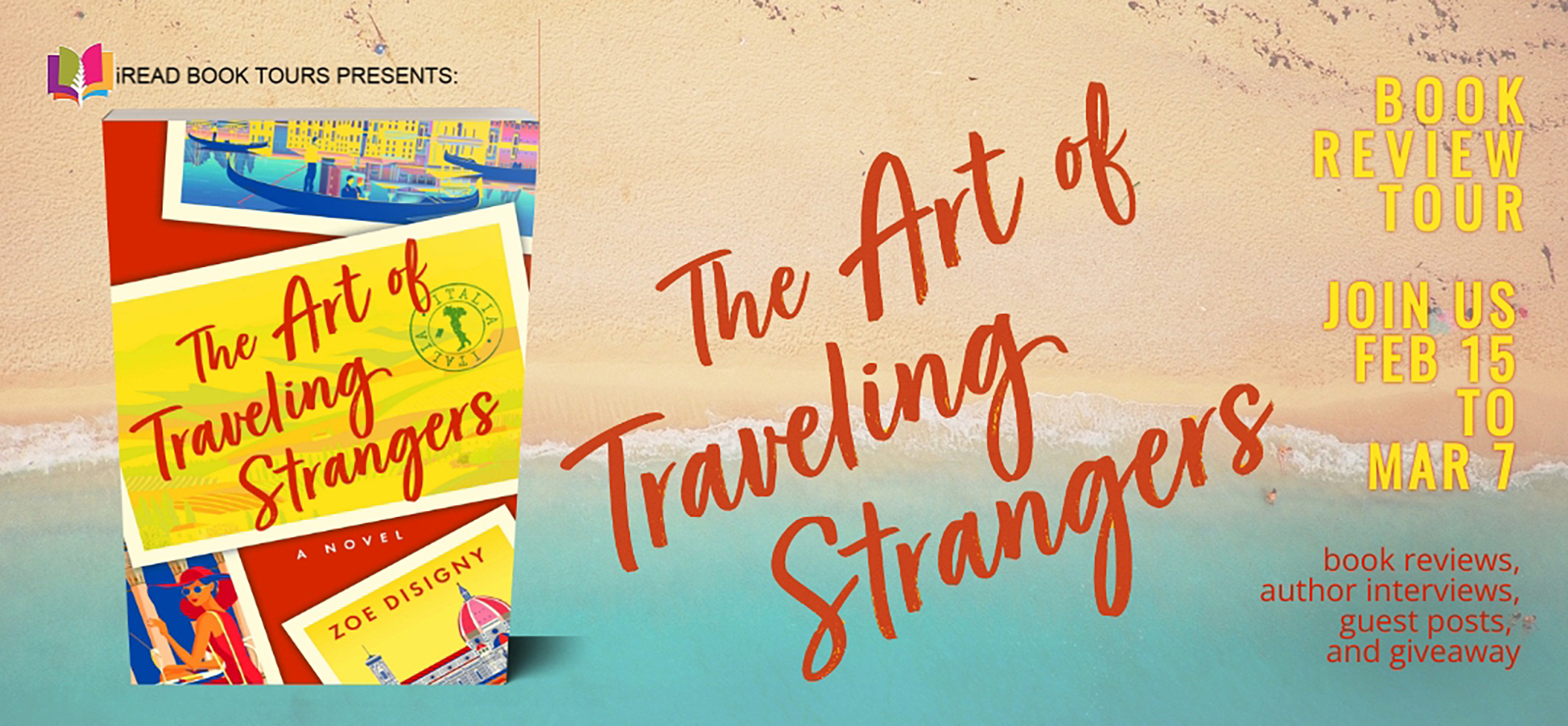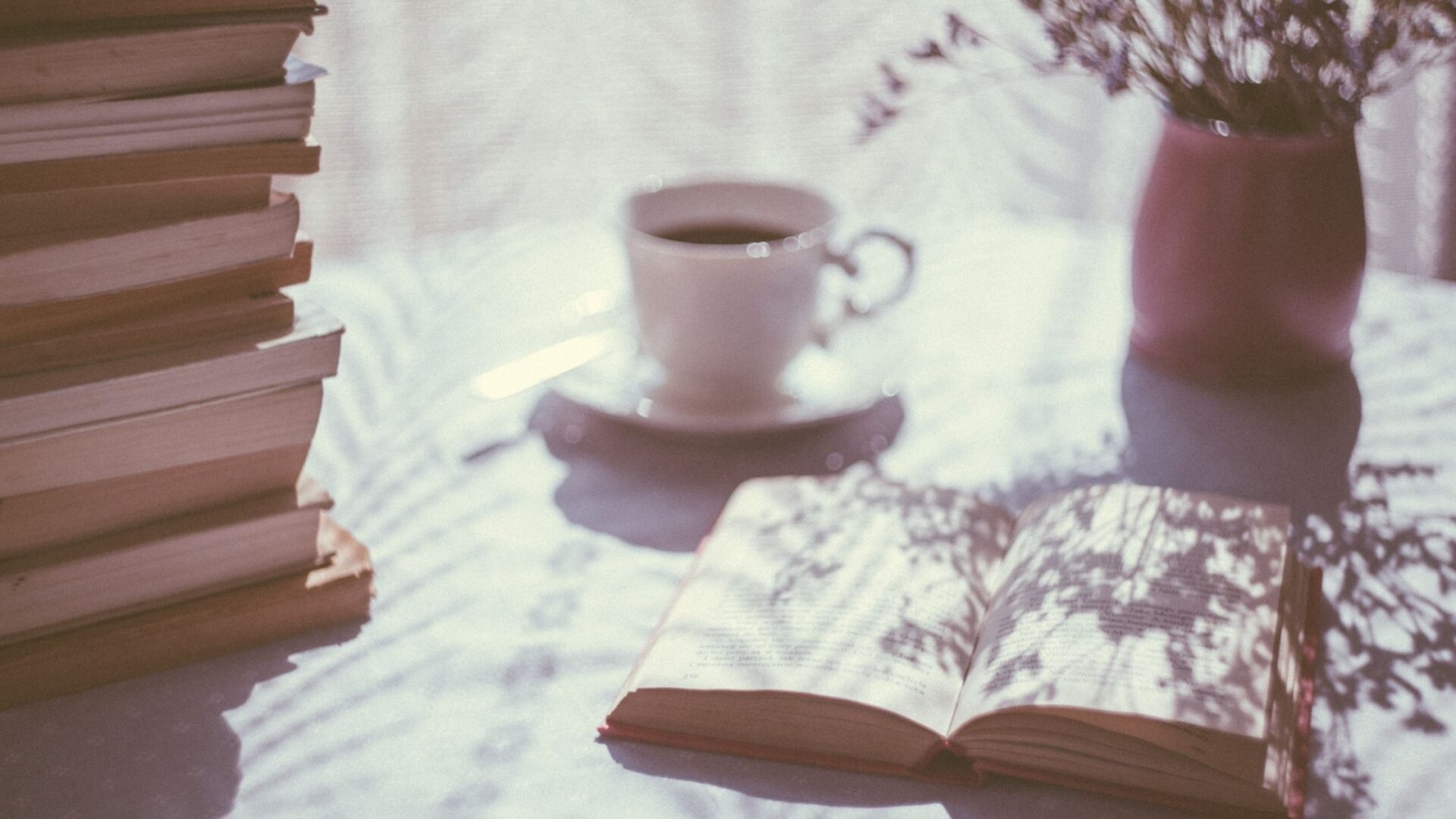What was the highlight of writing this book?
Besides all the things I learned (it felt like a second master’s degree) and the interesting people I met (writers are so stimulating), the highlight of writing this book was the process itself. Finding the right words for the right sentences to convey the right meanings was an absorbing challenge that moved me to euphoria when I got it, well, right.
What is the most surprising thing you discovered while writing your book(s)?
I didn’t know there were so many rules to writing a novel! For example, I didn’t know a novel was supposed to be a specific length defined by its genre. I didn’t even know my book needed a genre. Couldn’t I just say it was fiction? When I first found this out, I thought my book might be a romance novel because there’s a lot of romance in it. But the more I read about the “rules” for the romance genre, the more doubtful I became. I certainly didn’t want to disappoint my readers by claiming my book was something they thought it wasn’t. So, what genre is my book? I still don’t know. I’ve defaulted to literary fiction because that seems to have the most nebulous definition. But if I were to create a category for my book, it would be literary, women’s, art, and travel fiction. But, of course, that genre doesn’t exist.
How did you come up with the title of your book?
At the very beginning, I called my book The Accidental Education (taken from the movie, The Accidental Tourist, with Geena Davis and William Hurt). I loved that movie but not my derivative title. I then tried The Unexpected Education and A Fashionable Education. Those didn’t thrill me either. So, I started brainstorming and still have the list I made.
I first wrote down a bunch of words that seemed to go with the story.
Journey, art, masterpiece, fashion, haute couture, Europe, sojourn, vogue, chic, travel, odyssey, tour, off the beaten path, safari, detour, the road less traveled
Then I started putting words together as titles.
As you can see, the actual title of my book isn’t on this list. That’s because after combining these words a million different ways with no success, I woke up one morning with The Art of Traveling Strangers dancing in my head and instantly knew that was it.
How did you come up with your character names?
I called my protagonist Claire at the very start. The name originated from the French word for “clear,” and I meant it to be ironic. Claire was anything but clear. Finding the right name for Claire’s sidekick, though, took some time. I first called her Carol. I chose that name because it was popular for babies born in the early fifties, but it never really resonated with me. Then she became Diane, another popular fifties name. I liked that one because it came from Diana—the Roman goddess of the hunt, and I saw my character’s love of shopping like hunting. But it still didn’t work for me. I finally landed on Vivien. Its source was the Latin word “vivus,” meaning live. Perfect. If Claire’s cohort is anything, it’s lively. And her last name—Chancey—speaks for itself.
Which was the hardest character to write? The easiest?
Viv was the easiest character for me to write because she was so fun-loving and used such colorful language. I’m drawn to playful and unique manners of speech. My dad was from Tennessee, and his crazy invented words and sayings always entertained me as a child. And my first mother-in-law was from Texas. I loved all those Texan expressions that conjured such vivid images.
Claire was the hardest character for me to write because she was so serious and tormented. I had to dig into my own painful experiences and revive my own sorrows to genuinely describe her misery. That was not easy for me.
What is the future for your characters? Will there be a sequel?
I’ve played with the idea of a sequel, but I’m on the fence about it. I’m thinking Claire might lead another art tour but not with Viv. Perhaps she’ll be with a group next time or with her best friend and colleague, Mara (who played a bit part in the first book). I see the story revolving around the lessons of art history as before but not in Italy. Instead, I imagine it taking place mainly in France (especially Paris).
What were the key challenges you faced when writing this book?
I didn’t know where the book was going. I had the kernel of a story but nothing else. So I started with that, and my book grew haphazardly from there, which became my biggest challenge—giving the story structure after the fact. Because my tale felt so random at first, I found there were many questions I couldn’t answer. Why was I telling this story? What was important about it? Why would anyone want to read it? What did I want people to walk away with after reading it? These were questions I should have asked at the beginning, but I didn’t. I just started writing.
Talk about who has influenced you as a writer.
All four of the writers I’ve listed below influenced me because their books did exactly what I’d like my book to do.
Dan Brown: For sparking a fascination with art history in so many people who would never otherwise have been exposed to it, let alone engaged by it.
Jostein Gaarder: For successfully writing a textbook in the form of a novel (Sophie’s World).
Elizabeth Gilbert: Because Eat, Pray, Love—the heartfelt, educational travel story about a divorced woman seeking fulfillment—was so empowering to so many women.
Lori Gottlieb: For taking the abstract lessons of Psychology 101 and making them mean something by telling the story of her own life. (Maybe You Should Talk to Someone)
What are some of your favorite inspirational quotes about writing?
I have a wonderful friend who sends me writing memes all the time, and sometimes I think she’s psychic. Just when I’m feeling I’m a total disaster as a writer, I’ll get one of her memes, and it will turn my day around. Here are a few of my favorites from her:
- “Reading and writing cannot be separated. Reading is breathing in; writing is breathing out.”
- “What if we are all characters in a book? What if when you forget what you were going to say, it’s the author backspacing?!?”
- “There are three rules for writing a novel. Unfortunately, no one knows what they are.” —Somerset Maugham
- “Person: How does writing work?
Writer: Well, you type, and you delete. You rethink. Then you do 187 minutes of research and correct it. You reread and wonder if you have a grasp of English. Then you revise.
Person: Then you’re done with the book?
Writer: Then you move to the next sentence.”
What does success mean to you?
If the people who read my book are enlightened, entertained, and uplifted by it, then I’ll feel successful. If some of those readers are compelled to research the artworks in my book, I’ll feel extremely successful.
But if my book inspires even one reader to go to an art museum, travel to Europe to see art, or take an art history course, I’ll feel “over the moon” successful.
Share the best book marketing advice you ever received.
It’s all about human connection. Develop genuine relationships with others, and the rest will follow.
Favorite travel spot?
I’m a Europhile, but more specifically, a Francophile. My favorite city in the world is Paris. I fell head-over-heels for Paris in high school because my French teacher had lived there, and she loved the city. She plastered our classroom with pictures and maps of the capital of France and gave us a thoroughly untraditional education, emphasizing speaking over reading and writing. We performed skits in class all the time, and my skits were always set in Paris. After high school, she took a group of us to Europe, and, of course, we went to the famous City of Light. We stayed in a hotel outside the historic center and took the metro into town. When I stepped out of the metro at the Arc de Triumph, I saw Paris in person for the first time and cried.
If there is one thing you want readers to remember about you, what would it be? I’d like to be remembered as a teacher and writer who made art history come alive and helped others recognize how art enriches our humanity.




